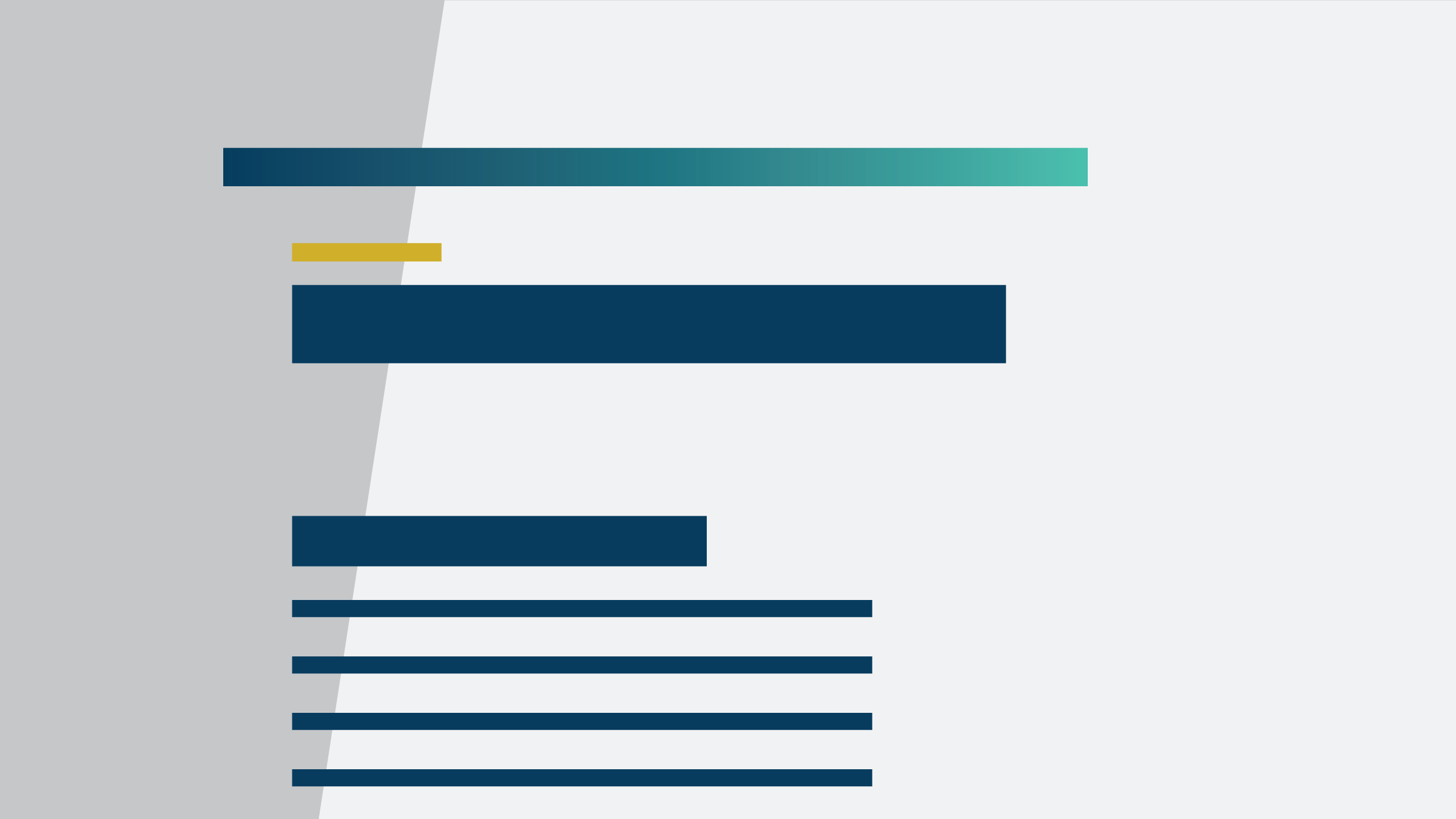Sen. Ted Kennedy is asking Congress to raise the federal minimum wage this fall, a proposal that will surely reignite the perennial debate over government's role in helping low-wage workers. From time to time over the years this page has expressed doubts about the minimum wage; it can be a clumsy, even counterproductive, form of meddling in the marketplace. But not in today's unusual job market. A new increase in the minimum wage could help millions of families who toil in or near poverty, without doing appreciable damage to economic efficiency.
With today's rampant labor shortages, it's hard to believe that any employer is still paying the federal minimum wage of $5.15 per hour. But the U.S. Labor Department reports that some 11 million workers-or about 8 percent of the work force-are still working for that sum. Kennedy's bill would raise it to $5.65 next January and then to $6.15 in January 2001.
The best argument against the minimum wage is that it hurts the people it's supposed to help. Employers won't hire as many workers if each new worker costs more money, the argument goes. But the last increase in the minimum wage, a 40-cent bump in September 1997, hasn't dampened the job market. Since then the economy has created more than 8 million jobs, including 4.3 million in the service sector, where the minimum wage is most common.
Many economists argue that the minimum wage is an efficient way to help the working poor-it benefits the affluent teenager who flips burgers after school as well as the struggling young father working in a car wash. This is true, but not as true as critics claim. Almost three-fourths of minimum-wage workers are adults, according to the Labor Department, and 40 percent are sole breadwinners for their families. Besides, the best alternative—increasing the federal Earned Income Tax Credit—is not going to happen in a Republican-controlled Congress.
The purest argument against the minimum wage is that it meddles with the marketplace. But this market simply isn't working very well for low-income Americans. An exhaustive new study by the Center on Budget and Policy Priorities in Washington finds that the income of low-wage Americans has fallen by almost 10 percent in the last two decades, and that their share of the national income is near a record low. This problem is especially worrisome in rural communities, where the job market just isn't doing much for the working poor and where a handful of employers often determines prevailing wages.
If the textbook arguments against the minimum wage have weakened over time, the case for raising it has seldom been stronger. After counting the effects of inflation, the federal minimum wage has fallen almost 20 percent in the last two decades and is now at its lowest point since the 1950s. Meanwhile, the number of working poor—3.7 million families—is at an all-time high. Raising the minimum wage would be a simple way to put money in their pockets while reinforcing the deeply held American belief that hard work should pay off.
Reprinted, with permission, from the editorial page of the Minneapolis StarTribune, Sept. 13, 1999.




